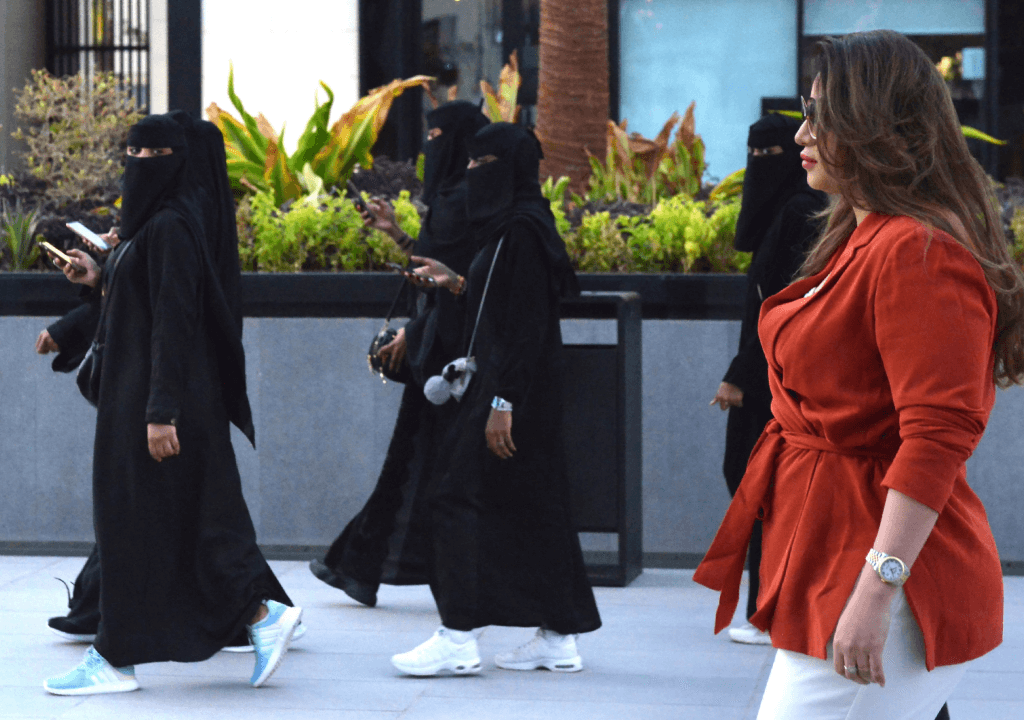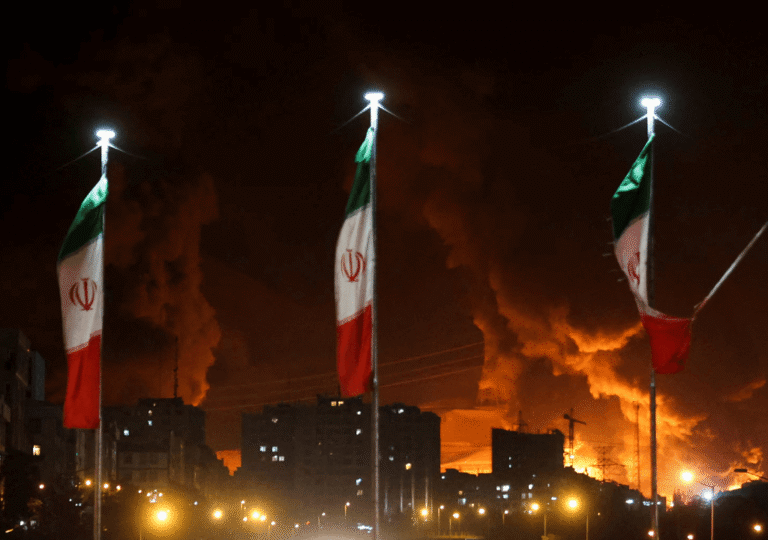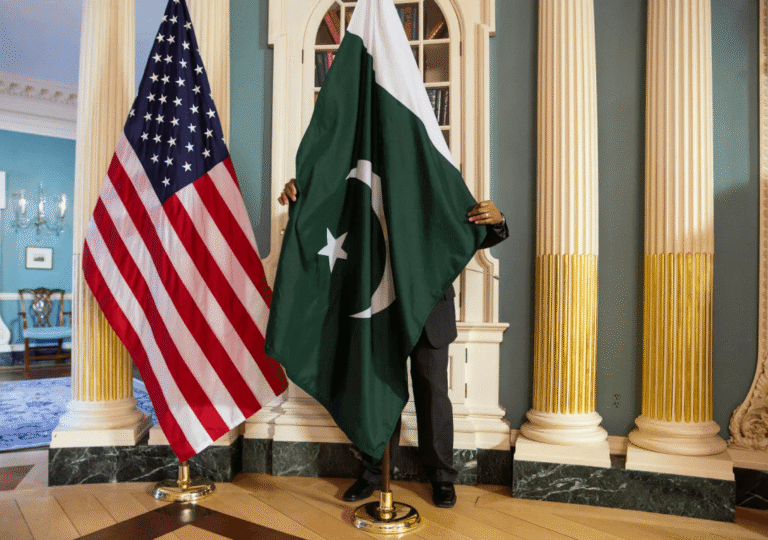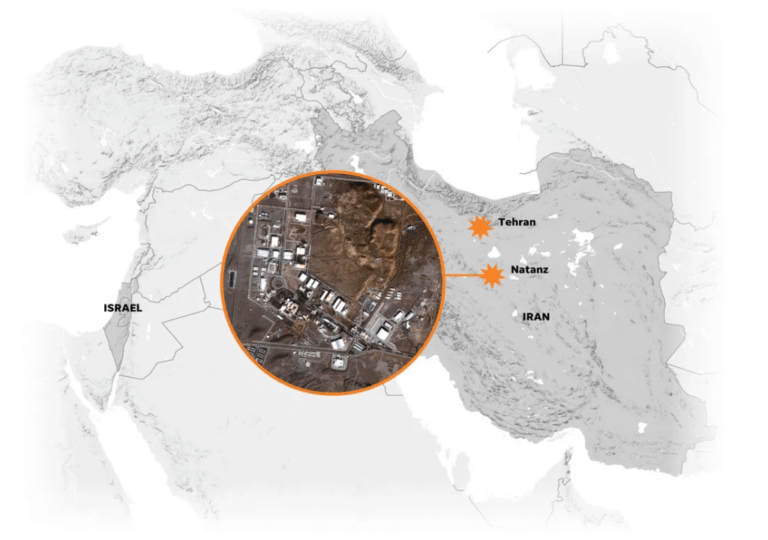It is indeed true that under the leadership of Mohammed bin Salman, there have been some advancements in women’s rights in Saudi Arabia. Women are now allowed to drive vehicles independently, and they can enter public spaces without wearing head coverings. However, despite these seemingly progressive decisions, the irony remains glaring. Saudi Arabia, notorious for its oppressive anti-women laws, has been chosen to lead the UN Commission on the Status of Women uncontested. This decision has drawn condemnation from human rights organizations due to the kingdom’s abysmal track record on women’s rights.
Abdulaziz Alwasil, the Saudi ambassador to the UN, was unanimously elected as the chair of the Commission on the Status of Women (CSW) during its annual meeting in New York. With no opposing candidates and no dissent among the attendees, Alwasil’s appointment was met with approval from the group of Asia-Pacific states on the commission. When Antonio Manuel Lagdameo, the outgoing chair and Filipino envoy to the UN, sought objections from the 45 members present, the chamber remained silent, prompting Lagdameo to declare, “I hear no objection. It is so decided”.
Traditionally, a country holds the chairmanship for two years; however, pressure from other members of the Asia group led the Philippines to split its tenure and pass the position to another country after just one year. While Bangladesh was initially expected to assume the role, Saudi Arabia intervened late in the process and lobbied for the chairmanship, widely interpreted as an effort to enhance the kingdom’s reputation.
However, human rights advocates, who do not receive funding from Arab sources, were quick to highlight the irony of the Commission on the Status of Women being led by a country where the disparity between men’s and women’s rights, even on paper, is so pronounced.
In Saudi Arabia, women are still obligated to seek approval from a male guardian before marrying, and wives are anticipated to adhere to their husbands’ directives in a “Reasonable Manner”. The provision of financial assistance from husbands is conditional upon the wife’s adherence, and neglecting certain obligations, such as declining sexual relations or not residing in the marital home without a “Legitimate Excuse”, may lead to the cessation of support.
These laws provide insight into the restrictive nature of Saudi Arabia’s legal system, which is grounded in Sharia law and often viewed as detrimental to women’s rights in more progressive societies. While some Muslim women may assert that Sharia law ensures their safety and satisfaction, those who challenge its tenets may face severe consequences from authorities. Indeed, there have been numerous cases of women seeking asylum simply for expressing dissenting views on social media platforms.
Last year, UN Women, the UN’s agency for gender equality, reported a worsening of gender disparities worldwide, citing examples from Afghanistan, China, Poland, the United States, and beyond. The organization projected that it could require 286 years to eliminate the global gender gaps in legal protections for women and girls. Moreover, many are concerned about the increasing trend of rolling back women’s rights, even in developing countries, which adds to the discomfort surrounding the decision to appoint Saudi Arabia.
Sherine Tadros, the head of Amnesty International’s New York office, emphasized that Saudi Arabia will assume the chair next year, coinciding with the 30th anniversary of the Beijing Declaration, a significant framework for advancing women’s rights globally. “Whoever holds the chair, which is currently Saudi Arabia, holds a pivotal position to shape the planning, decisions, assessments, and forward-looking initiatives in a crucial year for the commission”, Tadros stated. “While Saudi Arabia is now leading, its own track record on women’s rights falls far short of the commission’s mandate”.
Human Rights Watch’s (HRW) UN director, Louis Charbonneau, criticized the choice as well, saying, “A nation that jails its women for standing up for their rights has no business heading the UN’s main platform for gender equality and women’s rights. The Saudi authorities ought to show that this classification was not wholly unjustified by freeing all incarcerated advocates for women’s rights, doing away with male guardianship, and guaranteeing women’s total equality with men”.
Despite the ineffectiveness of these UN-based organizations and forums, it is alarming that nations have not expressed concern or opposition to Saudi Arabia’s bid. This lack of action is not limited to the UN; even in highly prominent events such as the bidding for the 2034 FIFA World Cup, there has been no challenge to Saudi Arabia’s bid, despite criticism of the country’s mistreatment of labor rights. Logic of some selections is very illogical, and will lead to many doubts, like Qatar’s selection for running the World cup football. Money decides the winner, as always. And that brings the Hope Taliban Ruling Afghanistan will not be assigned in the future.








